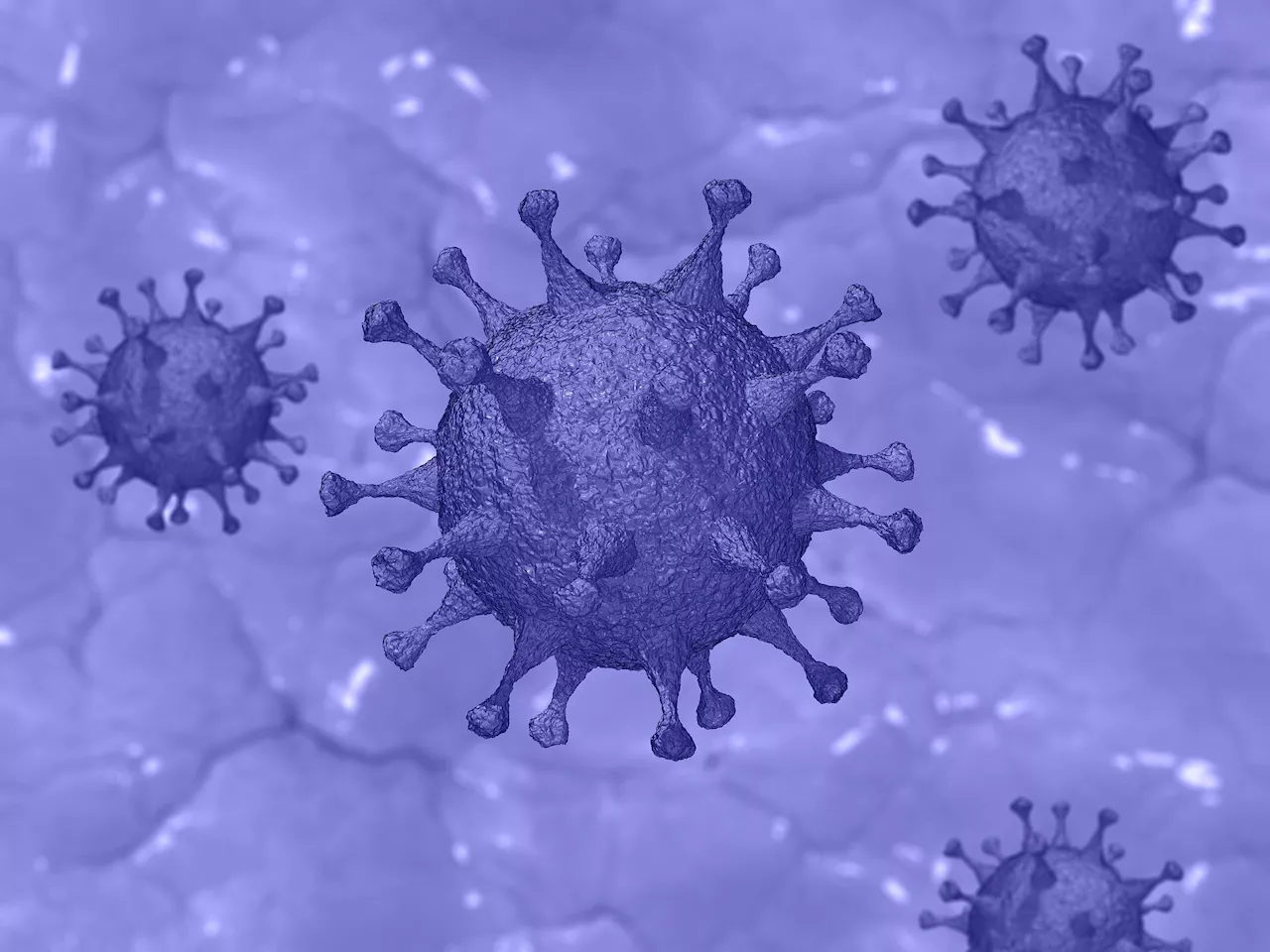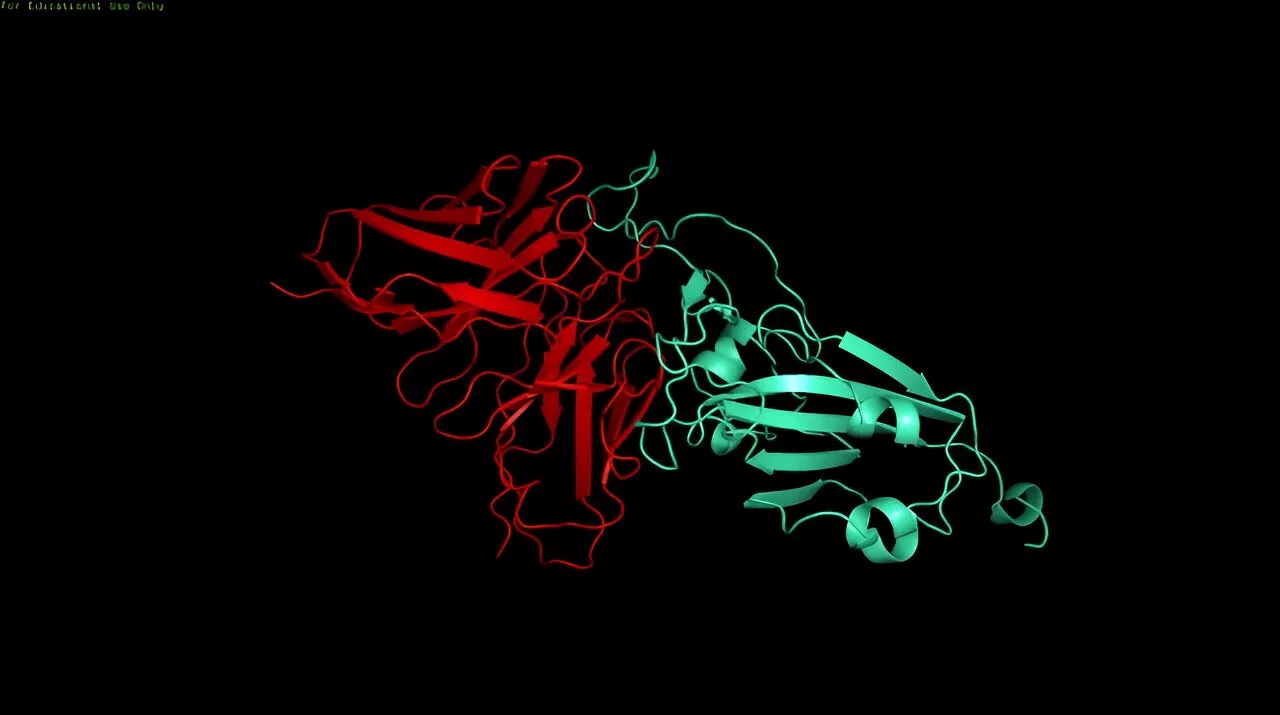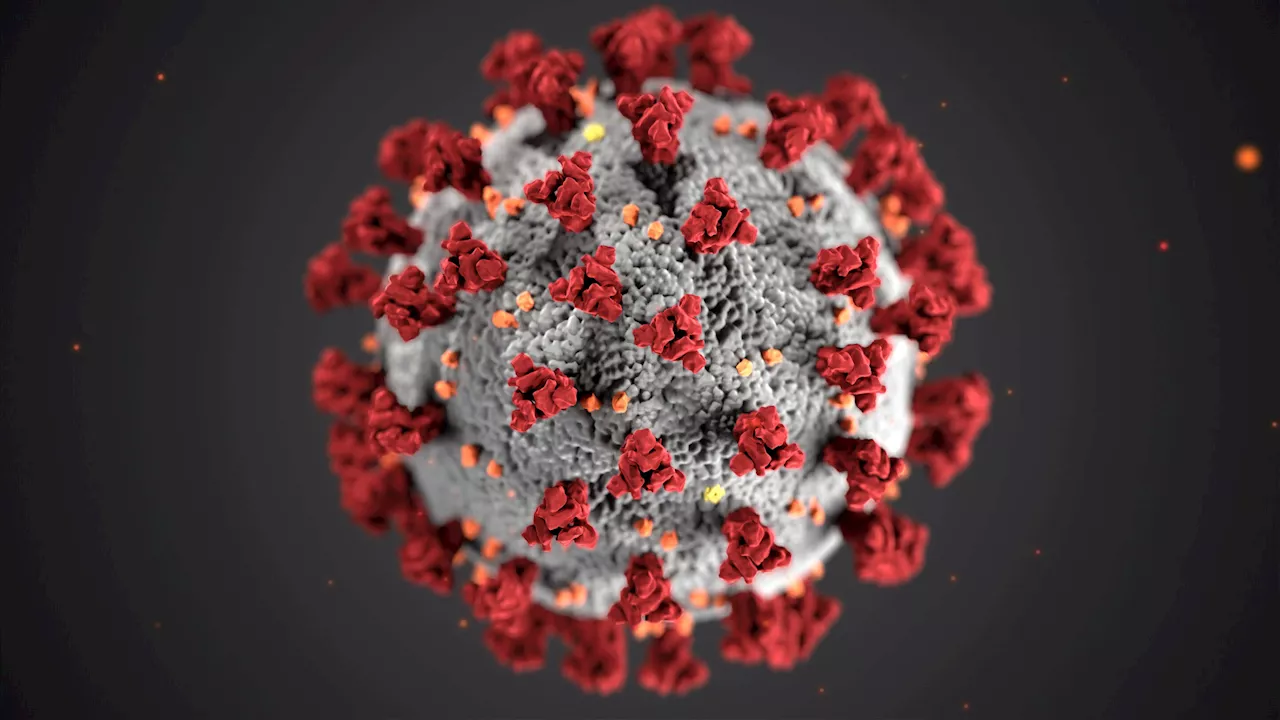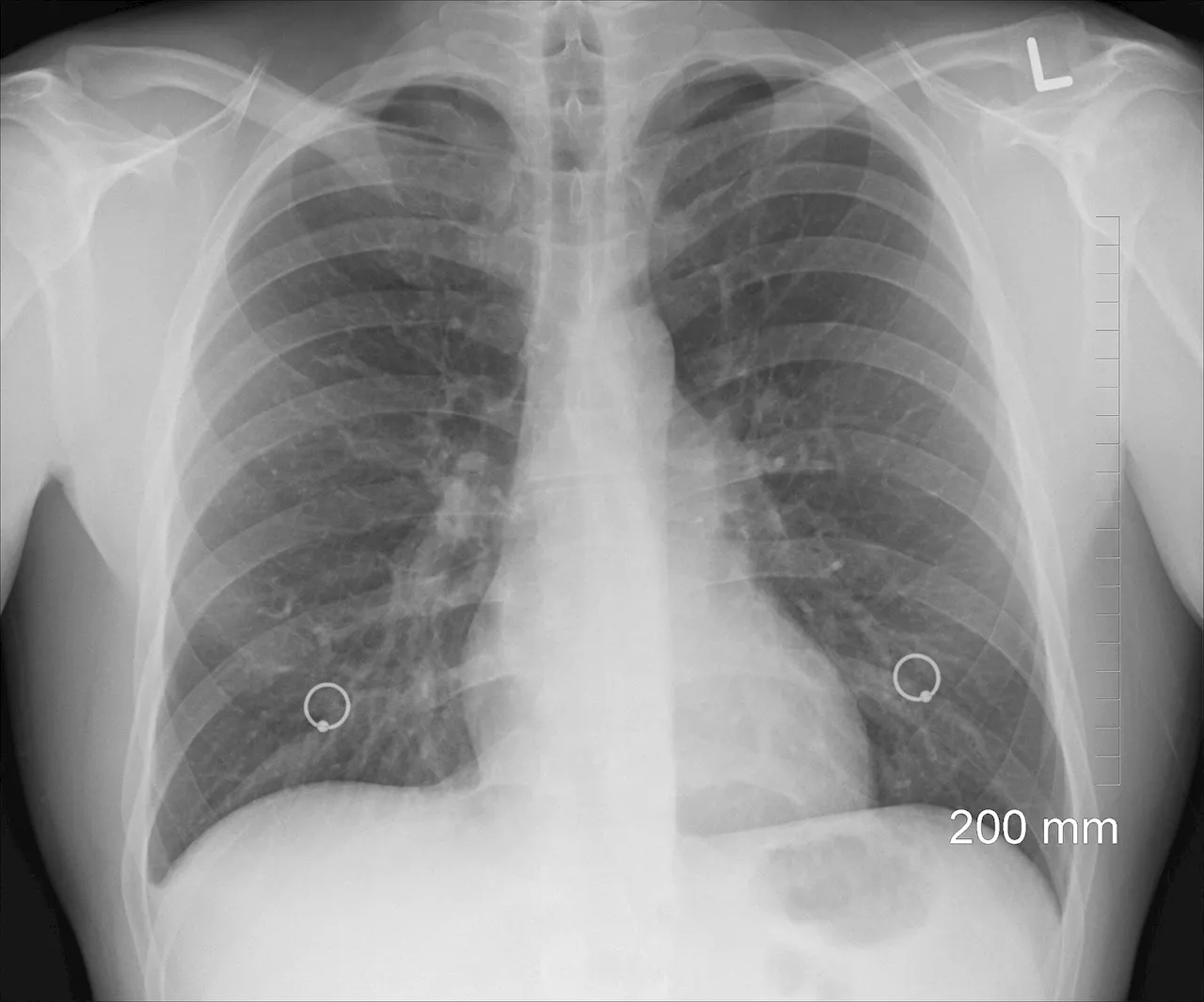SARS-CoV-2, the virus that causes COVID-19, can damage the heart even without directly infecting the heart tissue, a study has found.
Severe lung infection during COVID-19 can cause damage to the heart retrieved 20 March 2024 from https://medicalxpress.com/news/2024-03-severe-lung-infection-covid-heart.html
This document is subject to copyright. Apart from any fair dealing for the purpose of private study or research, no part may be reproduced without the written permission. The content is provided for information purposes only.15 hours agoGenetic study finds epidemic of kuru likely led to migration of women in the Eastern Highlands of Papua New GuineaUse this form if you have come across a typo, inaccuracy or would like to send an edit request for the content on this page.
Your feedback is important to us. However, we do not guarantee individual replies due to the high volume of messages.to let the recipient know who sent the email. Neither your address nor the recipient's address will be used for any other purpose. The information you enter will appear in your e-mail message and is not retained by Medical Xpress in any form.Get weekly and/or daily updates delivered to your inbox.
United States Latest News, United States Headlines
Similar News:You can also read news stories similar to this one that we have collected from other news sources.
 Study Estimates Fatigue Incidence and Predictors after SARS-CoV-2 InfectionScientists at the CDC and Washington University have conducted a study to estimate the incidence rate and predictors of fatigue after SARS-CoV-2 infection. The study reveals the long-term consequences of COVID-19, commonly known as long-COVID.
Study Estimates Fatigue Incidence and Predictors after SARS-CoV-2 InfectionScientists at the CDC and Washington University have conducted a study to estimate the incidence rate and predictors of fatigue after SARS-CoV-2 infection. The study reveals the long-term consequences of COVID-19, commonly known as long-COVID.
Read more »
 Vaccine monitoring is crucial as SARS-CoV-2 variants continue to evolve, says studyResearchers at the Francis Crick Institute and the National Institute for Health and Care Research Biomedical Research Centre at UCLH have highlighted the importance of continued surveillance of emerging SARS-CoV-2 variants and vaccine performance as the virus continues to evolve.
Vaccine monitoring is crucial as SARS-CoV-2 variants continue to evolve, says studyResearchers at the Francis Crick Institute and the National Institute for Health and Care Research Biomedical Research Centre at UCLH have highlighted the importance of continued surveillance of emerging SARS-CoV-2 variants and vaccine performance as the virus continues to evolve.
Read more »
 Research highlights the need for continued surveillance of emerging SARS-CoV-2 variants and vaccinesResearchers at the Francis Crick Institute and the National Institute for Health and Care Research Biomedical Research Centre at UCLH have highlighted the importance of continued surveillance of emerging SARS-CoV-2 variants and vaccine performance as the virus continues to evolve.
Research highlights the need for continued surveillance of emerging SARS-CoV-2 variants and vaccinesResearchers at the Francis Crick Institute and the National Institute for Health and Care Research Biomedical Research Centre at UCLH have highlighted the importance of continued surveillance of emerging SARS-CoV-2 variants and vaccine performance as the virus continues to evolve.
Read more »
 Mutations do not predict the severity of current variants of SARS-CoV-2, finds studyNew research from UNC Charlotte's Center for Computational Intelligence to Predict Health and Environmental Risks (CIPHER) has found that the two most prevalent strains of the virus that cause COVID-19, SARS-CoV-2 variants BA.2.86 and JN.
Mutations do not predict the severity of current variants of SARS-CoV-2, finds studyNew research from UNC Charlotte's Center for Computational Intelligence to Predict Health and Environmental Risks (CIPHER) has found that the two most prevalent strains of the virus that cause COVID-19, SARS-CoV-2 variants BA.2.86 and JN.
Read more »
 Severity of current SARS-CoV-2 variants is not linked to the number of mutationsNew research from UNC Charlotte's Center for Computational Intelligence to Predict Health and Environmental Risks (CIPHER) has found that the two most prevalent strains of the virus that cause COVID-19, SARS-CoV-2 variants BA.2.86 and JN.
Severity of current SARS-CoV-2 variants is not linked to the number of mutationsNew research from UNC Charlotte's Center for Computational Intelligence to Predict Health and Environmental Risks (CIPHER) has found that the two most prevalent strains of the virus that cause COVID-19, SARS-CoV-2 variants BA.2.86 and JN.
Read more »
 SARS-CoV-2 spike protein sensitizes nociceptors and evokes nociceptive behaviorsA study that investigated whether the spike protein of Severe Acute Respiratory Syndrome Coronavirus 2 (SARS-CoV-2) can sensitize nociceptors and promote pain-like behaviors in mice was presented at the 102nd General Session of the IADR, which was held in conjunction with the 53rd Annual Meeting of the American Association for Dental, Oral, and...
SARS-CoV-2 spike protein sensitizes nociceptors and evokes nociceptive behaviorsA study that investigated whether the spike protein of Severe Acute Respiratory Syndrome Coronavirus 2 (SARS-CoV-2) can sensitize nociceptors and promote pain-like behaviors in mice was presented at the 102nd General Session of the IADR, which was held in conjunction with the 53rd Annual Meeting of the American Association for Dental, Oral, and...
Read more »
